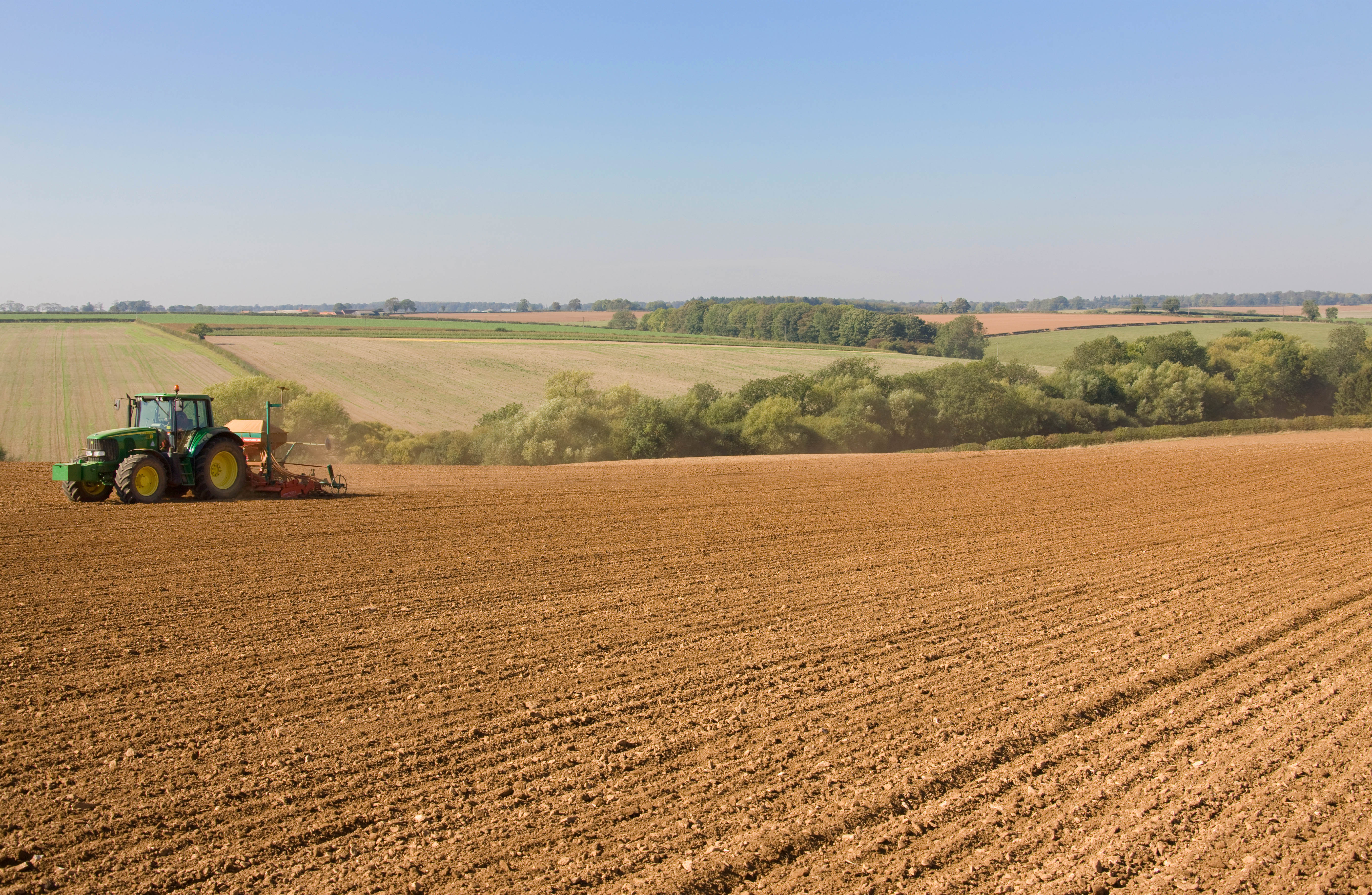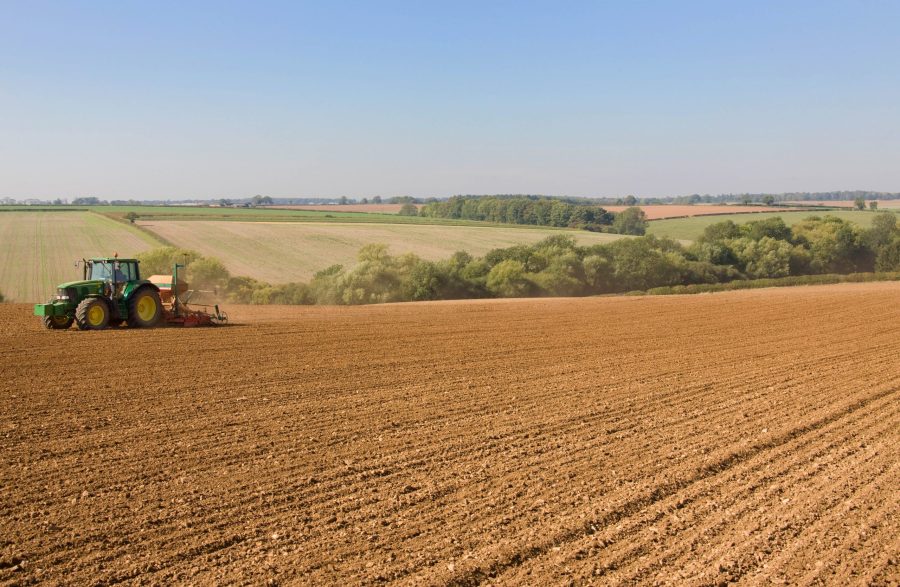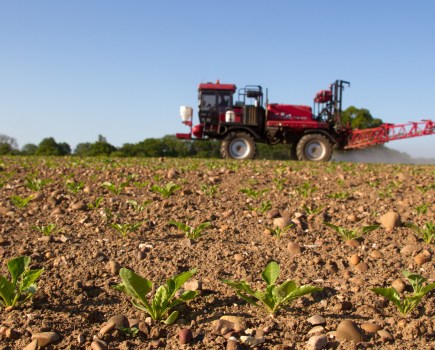 The NFU has warned that the recently signed UK-New Zealand free trade deal appears to provide very little to benefit British farmers.
The NFU has warned that the recently signed UK-New Zealand free trade deal appears to provide very little to benefit British farmers.
The deal has been signed by international trade secretary Anne-Marie Trevelyan and New Zealand minister for trade and export growth, Damien O’Connor, after reaching agreement in principle last October.
According to Defra, the UK-New Zealand trade relationship was worth £2.3bn in 2020 and it believes that this is now expected to increase by almost 60%, boosting economy by £800M and increasing wages across the UK.
Under the new deal, tariffs will be eliminated on all UK exports to New Zealand. However, the NFU has warned that this isn’t good news for British farmers.
“As expected, this deal takes the same approach as the UK-Australia deal in eliminating tariffs for agricultural products, meaning that even for sensitive sectors like beef and lamb, dairy and horticulture, in time there will be no limit to the amount of goods New Zealand can export to the UK,” said NFU president, Minette Batters.
‘Risk to UK farmers’
“I’ve consistently pointed out that the real risk to UK farmers, and longer term for people wanting to buy British food, from the government’s approach to trade deals is not the individual deals themselves but the cumulative impact of each deal when added together. This deal today shows I was right to be concerned.
“Once again, there appears to be extremely little in this New Zealand trade deal to benefit British farmers. UK farm businesses face significantly higher costs of production than farmers in New Zealand, and margins are likely to tighten further in the face of rising input costs, higher energy bills and labour shortages.
‘Important concerns’
“The government is now asking British farmers to go toe-to-toe with some of the most export-orientated farmers in the world, without the serious, long-term and properly funded investment in UK agriculture that can enable us to do so; the sort of strategic investment in farming and exports that the New Zealand government has made in recent decades.
“There remains an urgent need for government to have a coherent approach across all of its departments to focus on UK farming’s productivity, as well as recognise and remedy the contradictions within current domestic policy, which is still woefully sparse on the detail of how farmers will be supported to become competitive food producers at a time when food security is an increasingly important concern.”




